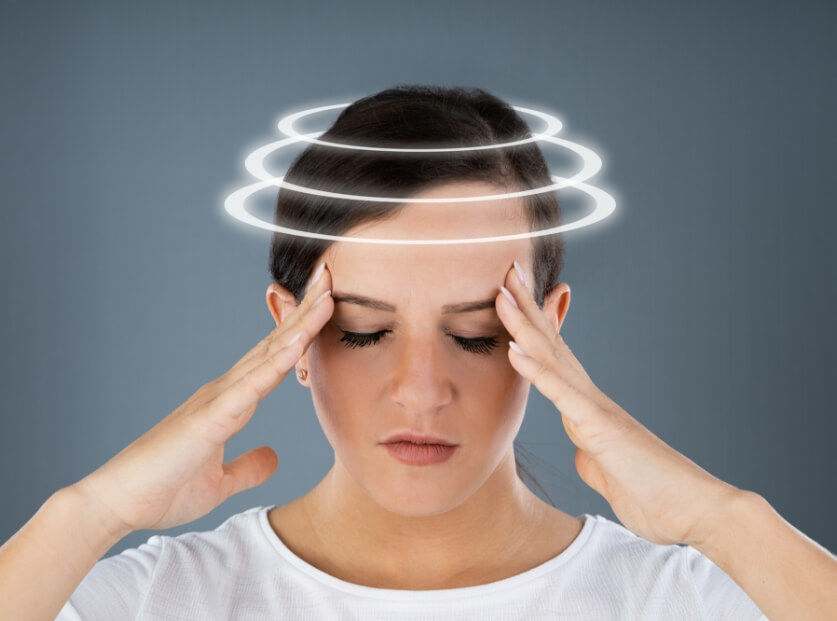Dizziness, VERTIGO & Balance Disorders

“Dizziness” is a term used to describe everything from feeling faint and light-headed to feeling unsteady or weak. Dizziness that gives you the sense that your surroundings are spinning or moving is called “vertigo”.
Below is a common list of symptoms associated with dizziness and vertigo:
|
|
The above symptoms if left untreated can lead to other problems such as loss of confidence, work absenteeism, depression, and anxiety.
Physiocare Seven Hills can diagnose and treat some disorders that may produce these symptoms. Physiocare will work closely with your GP and specialist to improve your symptoms and more importantly, your quality of life!
Common Vestibular Disorders that can cause dizziness:
|
|
Treatment options
Benign Paroxysmal Positional Vertigo (BPPV)Treatment of BPPV is with Canalith repositioning, a simple procedure that involves maneuvering the position of your head. The aim is to move loosened debris floating in the semi-circular canals of your inner ear to another place where they do not cause dizziness and will be re-absorbed. Fortunately, the success rate may be as high as 90%. Vestibular RehabilitationWhen the vestibular mechanism is damaged by injury or disease, the brain can no longer rely on them for accurate information about equilibrium and motion. This results in dizziness, vertigo, balance problems, etc. The goal of vestibular rehabilitation is to RE-TRAIN the brain to recognize and process signals from the vestibular system in coordination with vision and body movements. This often involves desensitizing the balance system to movements that provoke symptoms. | |
Our Clinic
Physiocare Seven Hills Dizziness and Balance Clinic will perform a thorough evaluation including observing posture, balance, movement and compensatory strategies. Based on the evaluation, an individualized treatment plan is created combining specific head and body movements with eye exercises. Treatment also usually includes activities and exercises to improve strength and coordination.

